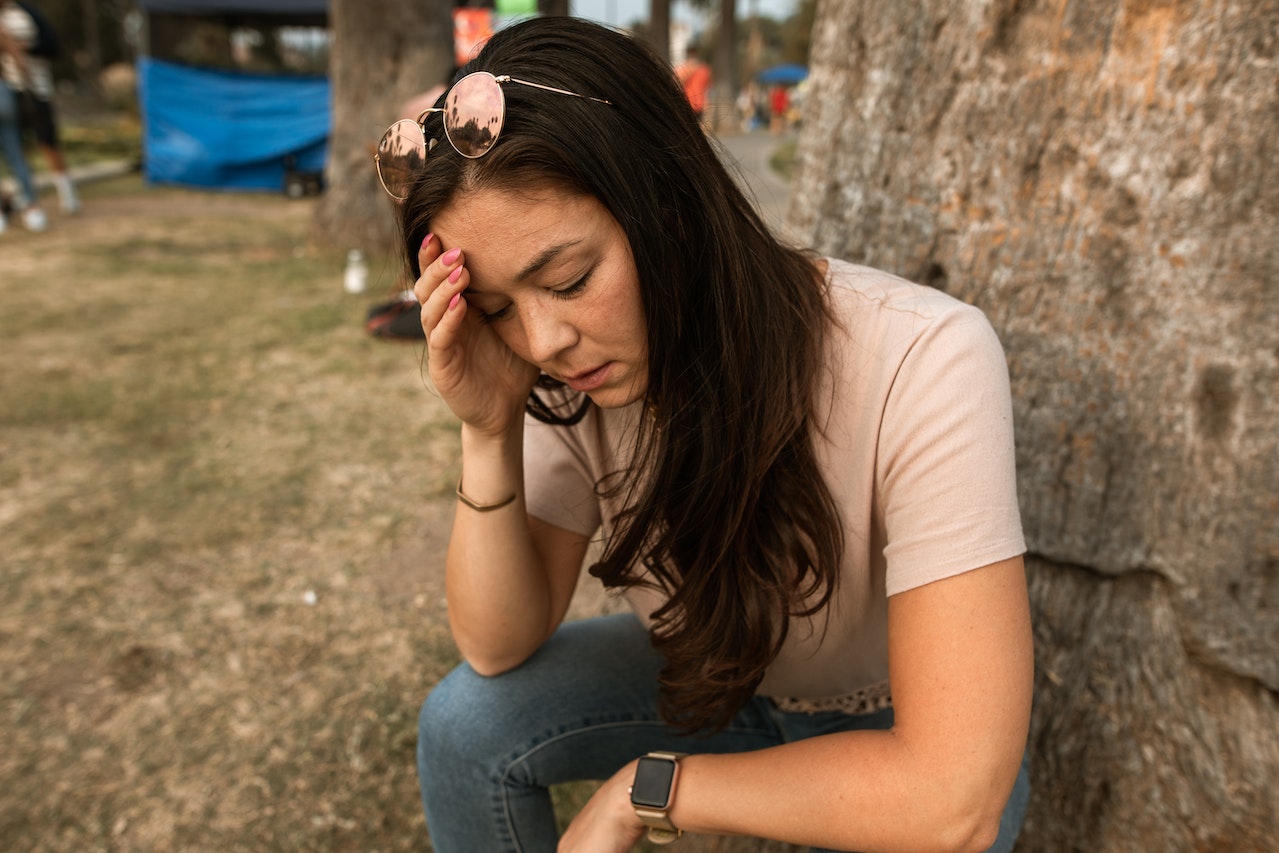Understanding Women and Mood Swing Disorder
Mood swing disorder is a common condition that affects many individuals, regardless of their gender. However, it has been observed that women tend to experience mood swings more frequently and intensely than men. These fluctuations in mood can significantly impact a woman’s emotional well-being and daily life. In this article, we will explore the causes, symptoms, and coping strategies for women dealing with mood swing disorder.
Causes: Mood swing disorder in women can be influenced by various factors. Hormonal changes, particularly during the menstrual cycle, pregnancy, and menopause, play a significant role.
Fluctuations in estrogen and progesterone levels can lead to mood disturbances. Additionally, external factors such as stress, lifestyle changes, and certain medications may also contribute to mood swings.
Symptoms: Women experiencing mood swing disorder may exhibit a range of emotional and behavioral symptoms. These can include sudden shifts in mood, irritability, anxiety, sadness, anger, and feelings of overwhelm. Physical symptoms like fatigue, insomnia, changes in appetite, and difficulty concentrating may also accompany these mood swings.
Coping Strategies: Managing mood swing disorder requires a comprehensive approach. Here are some strategies that can help women cope effectively:
- Tracking: Maintaining a mood journal can help identify triggers and patterns, making it easier to anticipate and manage mood swings.
- Self-Care: Prioritizing self-care activities like regular exercise, sufficient sleep, and a balanced diet can positively impact overall mood and reduce the severity of mood swings.
- Stress Management: Learning stress reduction techniques such as deep breathing, meditation, and engaging in hobbies can help alleviate anxiety and promote emotional stability.
- Support System: Seeking support from loved ones, joining support groups, or considering therapy can provide a safe space to express feelings and gain valuable insights and coping strategies.
- Medication: In severe cases, a healthcare professional may prescribe medications such as antidepressants or mood stabilizers to help manage the symptoms of mood swing disorder.
Conclusion: Mood swing disorder can significantly impact a woman’s quality of life, but with the right strategies, it is possible to manage and alleviate the symptoms. By understanding the causes and implementing coping strategies like tracking, self-care, stress management, and seeking support, women can regain control over their emotional well-being and lead fulfilling lives. Remember, seeking professional help is crucial for an accurate diagnosis and tailored treatment plan.

Lilly Botto -Writer -” House & Garden” Category







